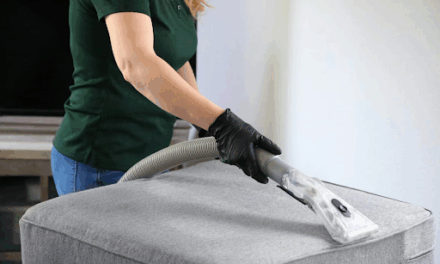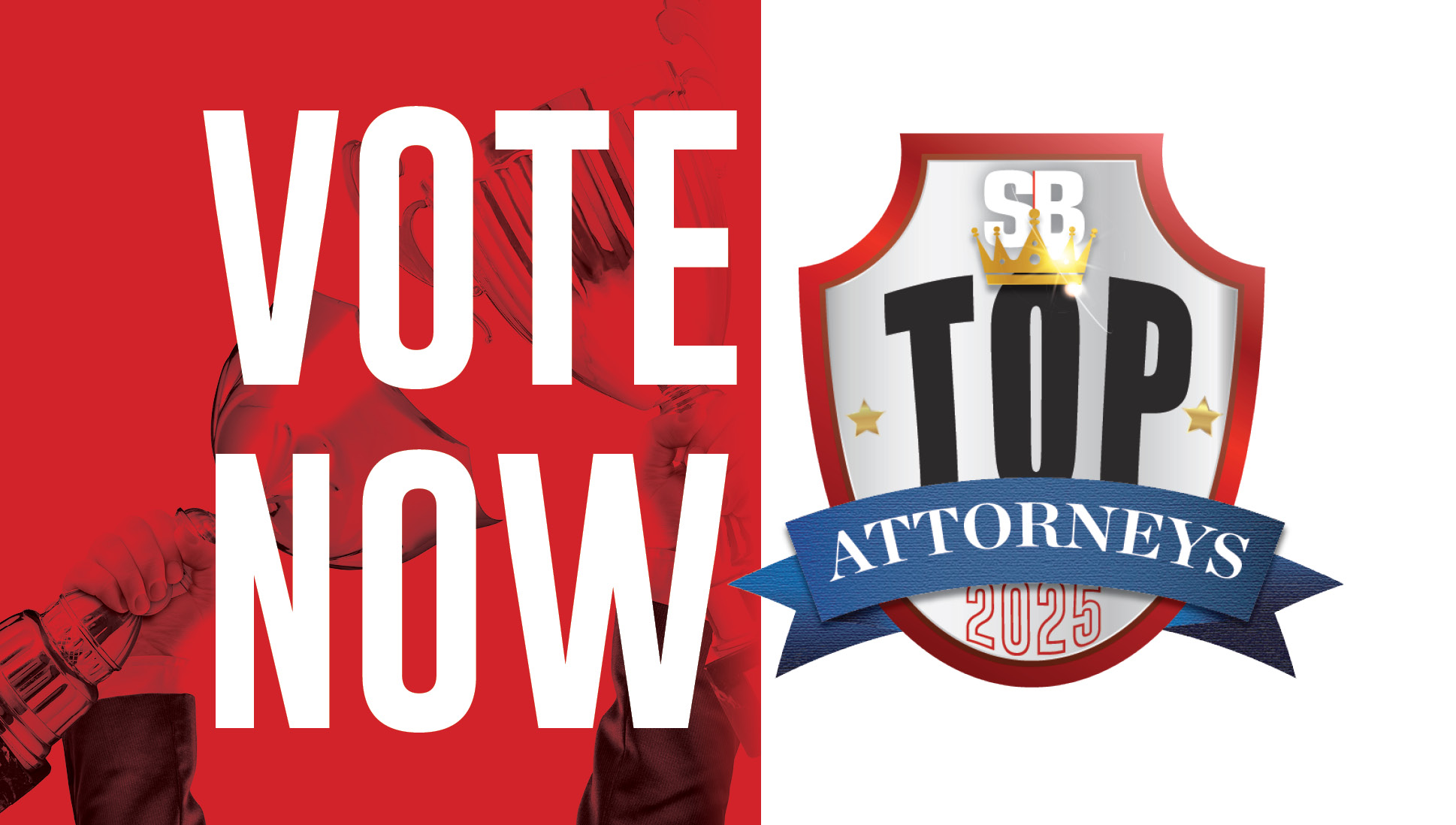Photo by cottonbro studio: https://www.pexels.com/photo/man-in-white-dress-shirt-sitting-at-the-table-7578803/
It’s not easy to challenge medical professionals, because of course, the rational among us know that doing so is generally a bad idea. We don’t all have the medical training and qualifications that doctors have, nor half of the experience in the medical field. As such, even our sneaking suspicions or something we’ve read online can be misinformed. We’re all fallible, and we struggle to hear things we don’t want to, or might not be considering the full picture, regardless.
However, what if you believe your doctor or medical professional hasn’t been listening to you, addressing your concerns, or explaining where you hoped they would? It’s definitely not beyond the pale to advocate for yourself, but you have to do it appropriately. Also, don’t let people who are anti-modern medicine dictate how you go about this, because alternative therapies are simply not proven unless they’ve had strong and rigorous testing.
However, you may find the following advice helpful in advocating for yourself responsibly should a point of contention arise. We offer this with the advice that no matter what, you should still listen to the advice of your doctor:
Be Very Clear About The Point Of Contention
If you do want to disagree, you have to be clear, and that means the priority is being ultra-objective about what’s wrong. Describe the exact concern in plain language, avoid guessing at diagnoses, and name symptoms, test results, or changes in daily function you’ve gone through – this way you’ll show that you’re not just being difficult.
Also, say when it began, how often it happens, and which activities it affects and why. Then explain why you think an alternate outcome is something you want to try, or perhaps if you want another opinion. Doctors will usually listen to you or at least tell you why you’re mistaken in clear respectful terms. If they don’t, find someone else.
Have The Evidence Of Your Reasoning To Hand
Doctors do listen, but they’re also human, and memory or vague details don’t always help them while running a busy clinic. They much prefer it if you write down down dates, symptoms, or changes, as quick note in your phone about when you felt dizzy or couldn’t sleep properly over the week shows your changes.
If you’ve had remote consultations, keep the records too, because telehealth’s impact on audiology practices has shown how important those digital notes and messages are for building a better treatment plan. It’s okay if it’s not a huge tome but you need to have references for what you’re saying.
Gain Multiple Opinions
Of course, it’s not that the doctor is wrong, it’s that you need another set of ears to make sense of what’s going on. That’s the best mindset to have. Asking for a second opinion doesn’t mean burning bridges with the first doctor, it just gives you more confidence in whatever path you take next, and a fresh perspective might confirm what you’ve already heard, or open a different option you hadn’t been offered yet.
It can take time and persistence to get that extra appointment, but the peace of mind is usually worth it. Knowing you’ve heard the same advice from more than one source makes the decision easier to carry, even if you’re still unsure. You can also speak to more specialist doctors if needed.
With this advice, we hope you can more easily advocate for yourself even in a medical setting.






